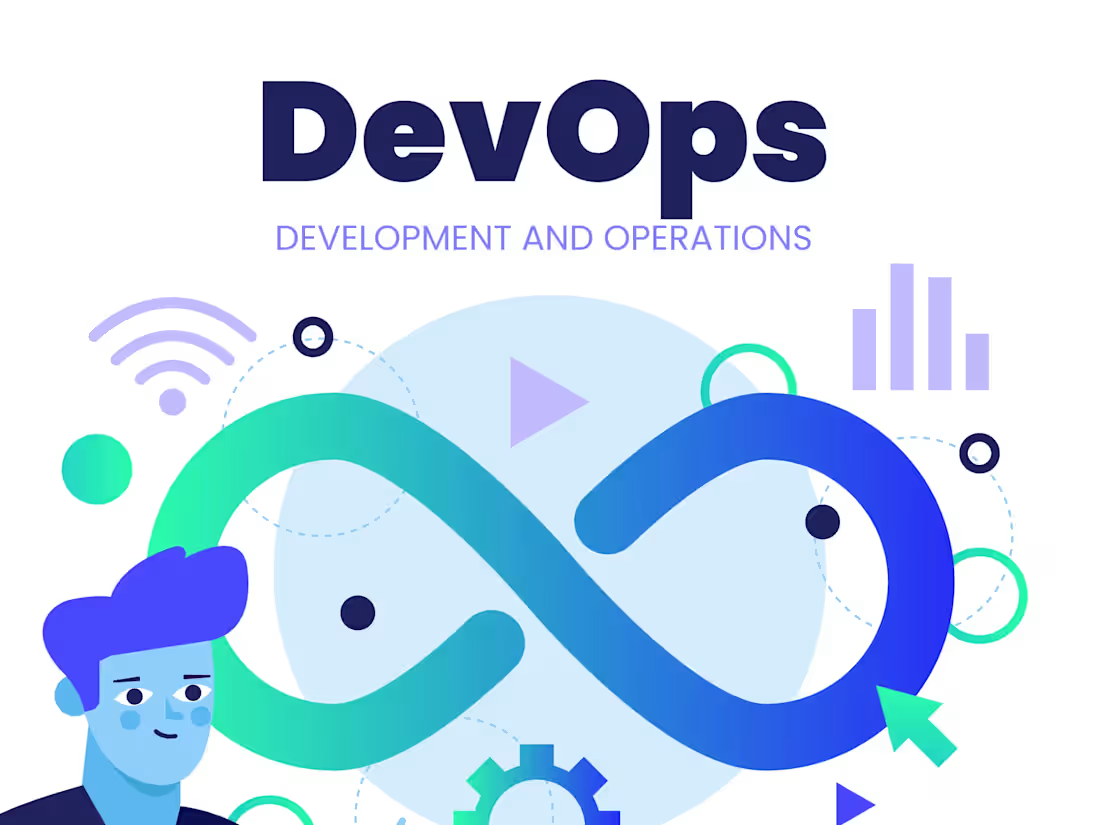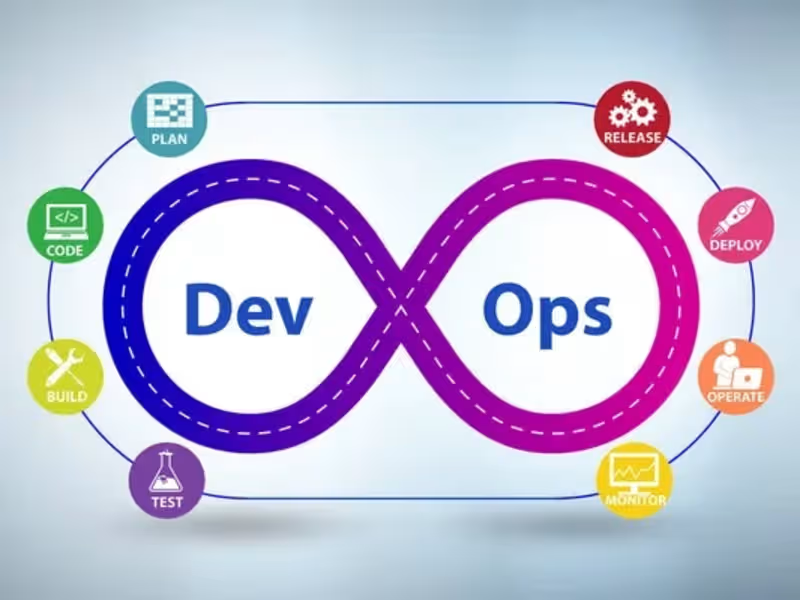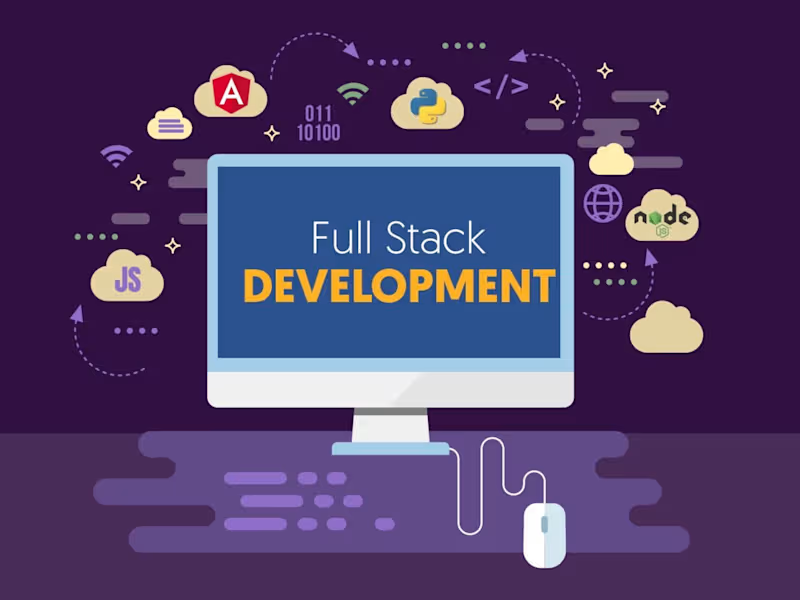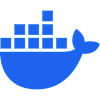
Expert in Cloud Infrastructure, Automation & ScalabilityDevendra Variya
As a DevOps Developer with expertise in cloud infrastructure and automation, I offer end-to-end solutions for building, deploying, and maintaining scalable and secure systems. What sets me apart is my focus on optimizing workflows through automated CI/CD pipelines, cost-efficient cloud setups, and robust security practices, ensuring high performance and reliability for your applications. With a hands-on approach and strong attention to detail, I deliver tailored solutions that align with your unique business needs
FAQs
DevOps is a set of practices that combines software development (Dev) and IT operations (Ops) to shorten the development life cycle and improve the quality of software. It’s important for your project because it allows for faster development, continuous delivery, and ensures more stable and reliable systems through automation, collaboration, and monitoring.
I use a wide range of DevOps tools depending on the project requirements, including:
CI/CD: Jenkins, GitLab CI, CircleCI, Travis CI
Cloud Platforms: AWS, Google Cloud Platform (GCP), Azure
Automation: Terraform, CloudFormation, Ansible, Puppet
Containerization: Docker, Kubernetes
Monitoring: Prometheus, Grafana, AWS CloudWatch
Version Control: Git, GitHub, GitLab
Security is embedded throughout the DevOps lifecycle using practices like:
Automated security scans during the CI/CD pipeline.
Encryption for sensitive data both in transit and at rest.
Identity and access management (IAM) to restrict access to systems.
Regular updates to dependencies and patches.
Secure network configurations using firewalls and private networks.
The timeline for DevOps implementation depends on the project size and complexity. It typically takes 2–4 weeks for small to medium-sized projects to set up the core DevOps processes, including CI/CD pipelines and cloud infrastructure. Larger projects with more intricate requirements may take longer.
Starting at$25 /hr
Tags
AWS CloudFormation
Cloud Firestore
Docker
GitHub
Jenkins
Cloud Infrastructure Architect
DevOps Engineer
Software Engineer
Service provided by

Devendra Variya Surat, India
- $1k+
- Earned
- 2
- Paid projects
- 8
- Followers

Expert in Cloud Infrastructure, Automation & ScalabilityDevendra Variya
Starting at$25 /hr
Tags
AWS CloudFormation
Cloud Firestore
Docker
GitHub
Jenkins
Cloud Infrastructure Architect
DevOps Engineer
Software Engineer
As a DevOps Developer with expertise in cloud infrastructure and automation, I offer end-to-end solutions for building, deploying, and maintaining scalable and secure systems. What sets me apart is my focus on optimizing workflows through automated CI/CD pipelines, cost-efficient cloud setups, and robust security practices, ensuring high performance and reliability for your applications. With a hands-on approach and strong attention to detail, I deliver tailored solutions that align with your unique business needs
FAQs
DevOps is a set of practices that combines software development (Dev) and IT operations (Ops) to shorten the development life cycle and improve the quality of software. It’s important for your project because it allows for faster development, continuous delivery, and ensures more stable and reliable systems through automation, collaboration, and monitoring.
I use a wide range of DevOps tools depending on the project requirements, including:
CI/CD: Jenkins, GitLab CI, CircleCI, Travis CI
Cloud Platforms: AWS, Google Cloud Platform (GCP), Azure
Automation: Terraform, CloudFormation, Ansible, Puppet
Containerization: Docker, Kubernetes
Monitoring: Prometheus, Grafana, AWS CloudWatch
Version Control: Git, GitHub, GitLab
Security is embedded throughout the DevOps lifecycle using practices like:
Automated security scans during the CI/CD pipeline.
Encryption for sensitive data both in transit and at rest.
Identity and access management (IAM) to restrict access to systems.
Regular updates to dependencies and patches.
Secure network configurations using firewalls and private networks.
The timeline for DevOps implementation depends on the project size and complexity. It typically takes 2–4 weeks for small to medium-sized projects to set up the core DevOps processes, including CI/CD pipelines and cloud infrastructure. Larger projects with more intricate requirements may take longer.
$25 /hr







